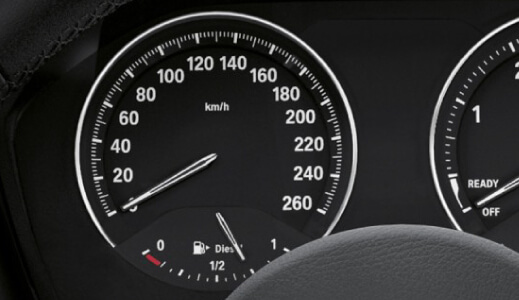UK Road Tax Changes 2020 - All You Need To Know
25th Feb 2020
This article originally appeared on Evans Halshaw.
As you may know, the amount of road tax you pay is based on how much CO2 your vehicle emits. Generally, the more your CO2 car emits, the more you pay. This will still be the case from April 2020. All road tax bands will remain the same, however buying a new car in April will be more expensive than buying one in March.
From 06 April, all new cars will go through a different test, called the Worldwide Harmonised Light Vehicle Test Procedure (WLTP). This test is more stringent and designed to better reflect real-world output, meaning that the CO2 ratings of cars will increase.
This only affects the initial purchase price of the car. In the years following petrol and diesel vehicles will pay £145, hybrids will be £135 and fully electric cars will pay £0. New cars priced above £40,000 will be subject to an extra £320 charge for 5 years from the second time the vehicle is taxed.
To get started, why not get a part exchange valuation for your current vehicle?
Road tax changes April 2020
From April 2020, changes are being made to the vehicle excise duty (aka road tax) system in the UK.As you may know, the amount of road tax you pay is based on how much CO2 your vehicle emits. Generally, the more your CO2 car emits, the more you pay. This will still be the case from April 2020. All road tax bands will remain the same, however buying a new car in April will be more expensive than buying one in March.
So what's changing?
Currently, all cars go through a test to see how much CO2 they emit and what mpg they'll get. That test is called the New European Driving Cycle (NEDC).From 06 April, all new cars will go through a different test, called the Worldwide Harmonised Light Vehicle Test Procedure (WLTP). This test is more stringent and designed to better reflect real-world output, meaning that the CO2 ratings of cars will increase.
Road tax increase
The government estimates that most cars will experience a 20% increase in official CO2 emissions ratings. As a result, most cars will be in a higher road tax band in April 2020 than in March. Cars with larger engines will be more heavily affected as the authorities clamp down on vehicles with higher CO2 emissions. This could result in price increases of up to £960 on certain model.This only affects the initial purchase price of the car. In the years following petrol and diesel vehicles will pay £145, hybrids will be £135 and fully electric cars will pay £0. New cars priced above £40,000 will be subject to an extra £320 charge for 5 years from the second time the vehicle is taxed.
What should I do about it?
If you're thinking about buying a brand new car, your best option is to buy and register it before March 31 2020, otherwise you will end up paying more for it.To get started, why not get a part exchange valuation for your current vehicle?

Sell Your Car
A number of options available to make selling your car simple.

Book a Service
Book your service online today

Corporate
Discover the latest range of solutions for you and your business

